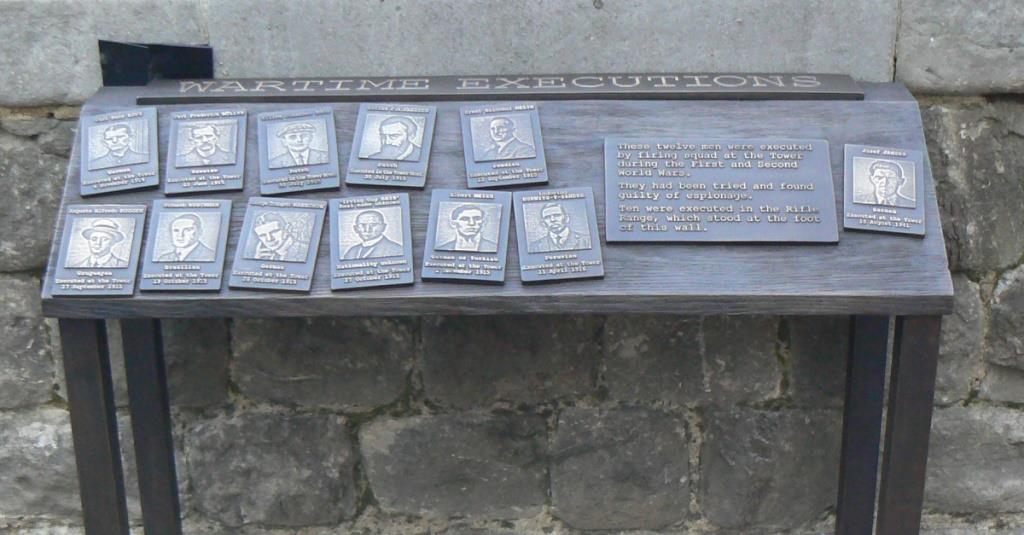The year 2014 is the centenary of the beginning of World War I. From August 5 to November 11, the moat in the Tower of London has been progressively filled with ceramic poppies, one for every Commonwealth soldier who died during the war (888,246).
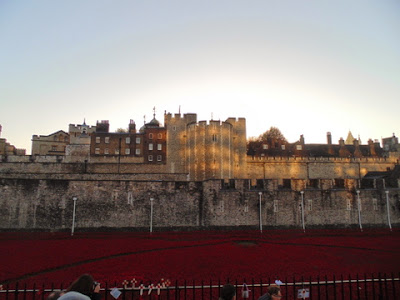
The poppies cascade out of the Tower from two points, the Legge’s Mount tower at the northwest corner of the Tower and from a point along the eastern wall.
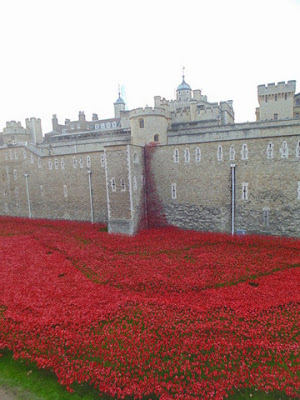
The eastern cascade of poppies is located along that stretch of the outer wall near the Constable and Martin towers. During the two world wars, a miniature rifle range was located in the Outer Ward, between the Constable and Martin Towers.
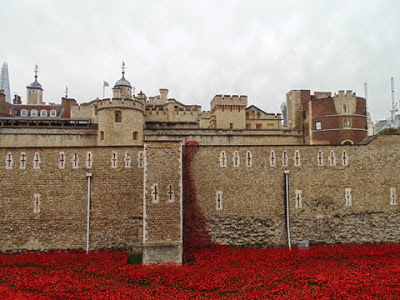
The rifle range was torn down in the 1970s and a covered car park now occupies the former site between the Constable and Martin Towers. Until this year, no memorial has marked the site of the rifle range nor commemorated the deaths that occurred there during the two world wars.
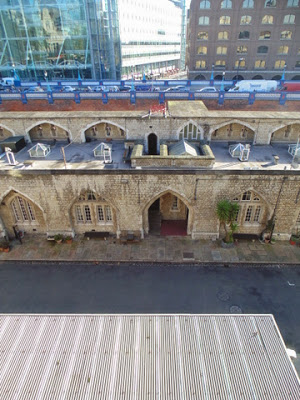
Historic Royal Palaces commissioned a four part installation, Shot at the Tower, to document the history of the miniature rifle range. The display is located on the Wall Walk between the Constable and Martin towers.
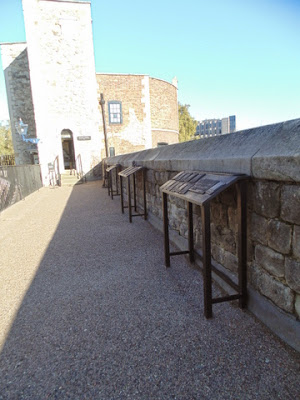
The first part of the installation presents the images of twelve men who were executed at the Tower during the two world wars.
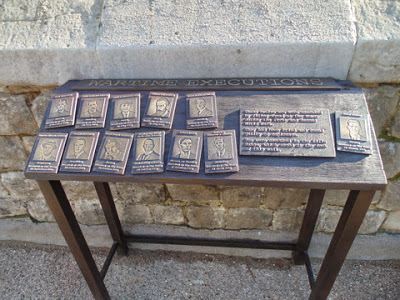
The three-dimensional brass images give the name, nationality and execution date of the spies. Eleven men were executed at the Tower during World War I. Carl Hans Lody was the first, on November 6, 1914. Two men were executed in the Tower moat by firing squad during the summer of 1915, while the old rifle range was replaced by a new one.
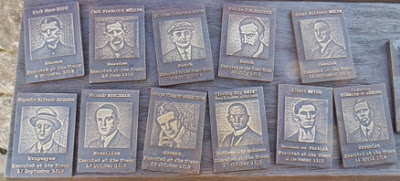
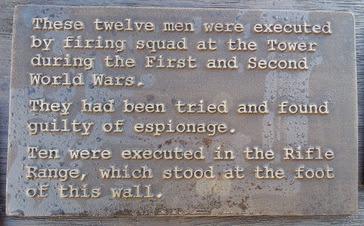
On the right hand side of the display is the photograph of Josef Jakobs, the only spy executed by firing squad in Britain during World War 2.
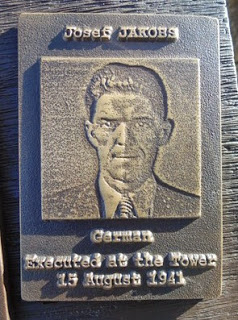
The second display shows replicas of some of the items that incriminated the spies: coded letters, lemon juice (for secret writing), bottles of invisible ink, etc.
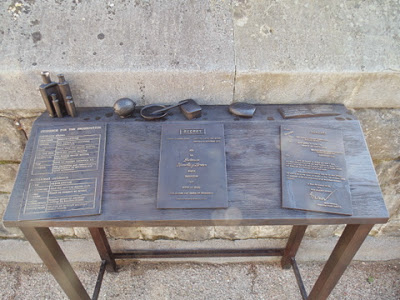
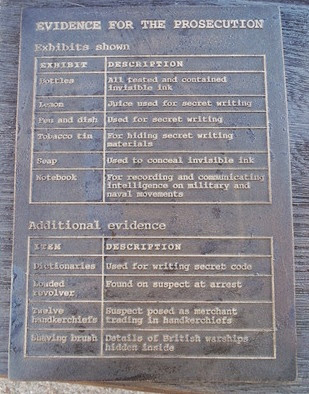
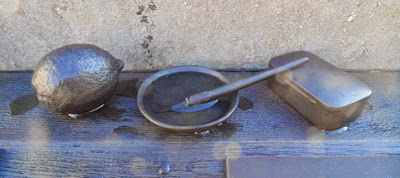
The third display presents some of the documents surrounding the execution of the World War I spies, including a replica of a letter that Carl Hans Lody wrote to the commander of the Grenadier Guards at the Tower.
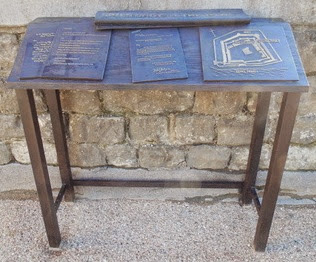
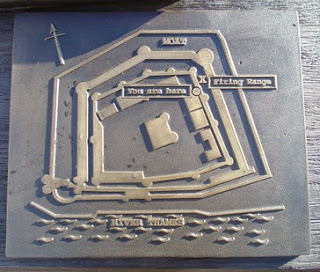
The fourth display is a brass replica of a rifle rack containing Lee-Enfield rifles used by the firing squads. A slightly more modern version of the Lee-Enfield was also used at the execution of Josef Jakobs in 1941.
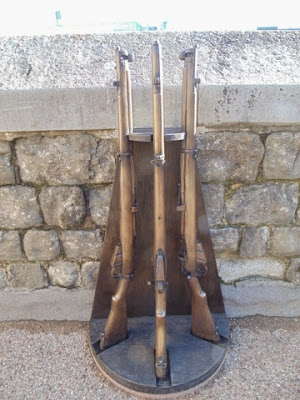
The four-part display was designed and created by Loz Simpson of Topografik, a tactile display company.
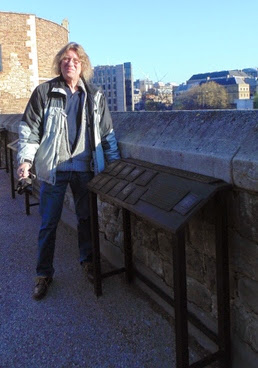
Many people are surprised to learn that more people were executed within the walls of the Tower during the 20th century than during the time of the Tudors. It is hoped that this new display will kindle the interest of visitors in the stories of these men and the varied history of the Tower.
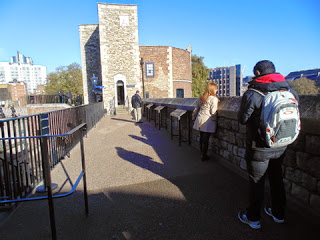
See the Historic Royal Palaces link on Twitter.
